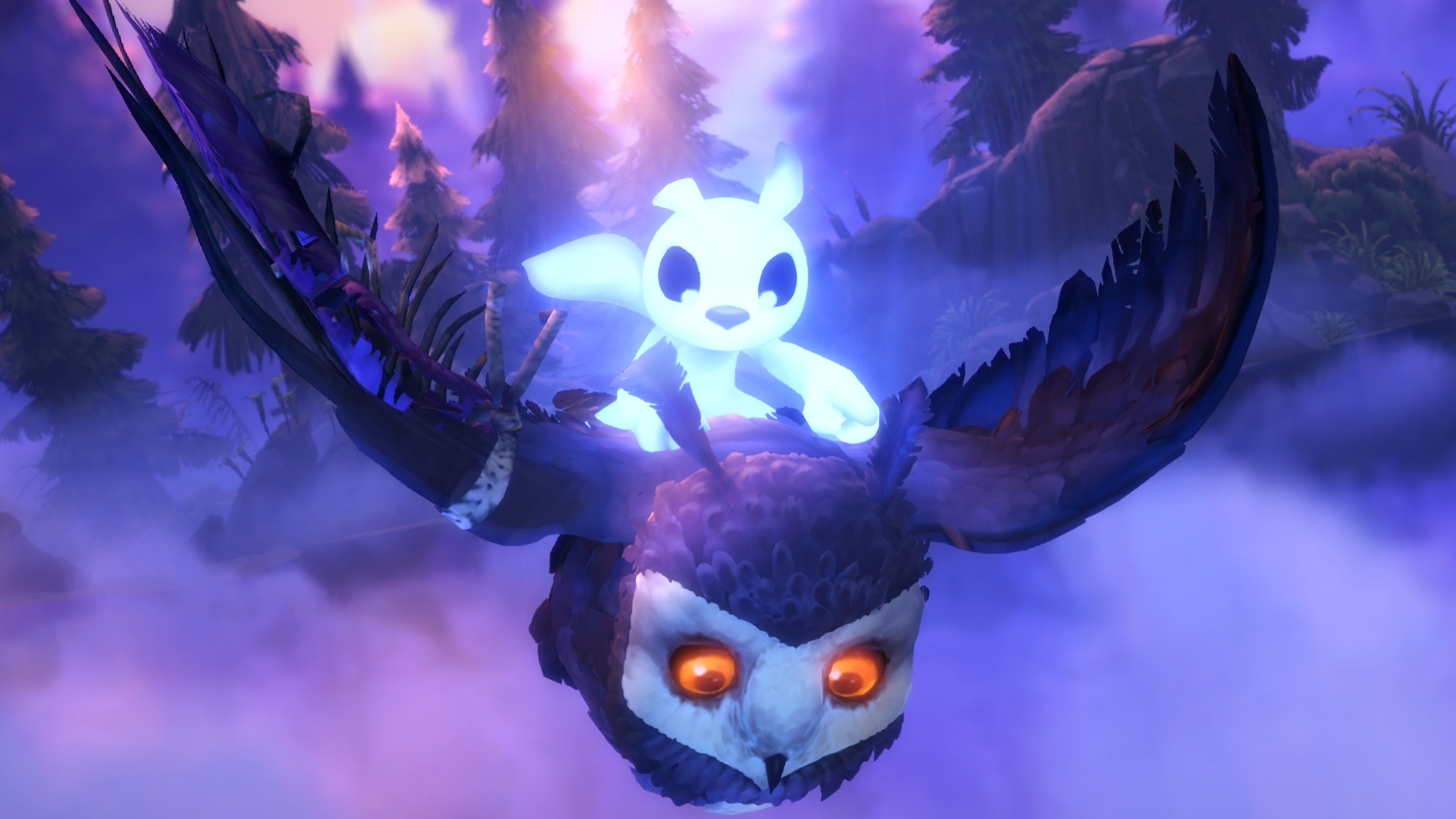
It’s just constantly new stuff.ĭaniel Smith: I love your comment about the difficulty. When you have a game that has no loading screens like this – and having watched a bunch of people play the last couple of days – you have to willingly want to stop. Anything that breaks immersion is bad stopping the music is bad. It’s like “Alright, actors, Ready, go.” Everything has to start again. Because when you reset the music, it’s kind of like resetting a film set. The only drawback is that sometimes things don’t line up exactly how I want them to, but the benefits far outweigh. There are parts in the first game which were super difficult for a lot of players, but one of the things that made it easier was the fact that the music doesn’t stop and keeps cycling through. It’s interesting that you say that, because it’s one of the things that I think a lot of people picked up on. But it can be a couple of years of development before I actually write anything. The flow of the game is super important to how I think about writing the music. When we start development, I learned the game, I learn the flow. I put in hundreds, probably thousands, of hours into the game at this point.


There’s two types of composers in the game industry: there’s composers who play the game and composers who don’t. Gareth Coker: Well, my approach is perhaps a little different to many other composers. How long does it take to create music for a project like this? I know that’s something that ties into every aspect of the game.
#Ori and the will of the wisps composer full
Check out the full interview below, in which Senior Producer Daniel Smith and Composer Gareth Coker discuss the inspirations and decisions behind all of the new mechanics in Ori and the Will of the Wisps, including the reasons for the game’s new RPG-like shard mechanics and how influential early Disney films were on the creative team. Screen Rant was invited to visit Moon Studios and, while taking a look at Ori and the Will of the Wisps, had a chance to speak with a few of the creators who brought the project to life.
#Ori and the will of the wisps composer manual
Now featuring a plethora of NPCs, multiple powers players can map to the controller’s face buttons, and autosave checkpoints instead of a manual save system, the sequel to Ori and the Blind Forest has clearly been made with a distinct vision in mind, and it hearkens back to a time when every video game sequel was an enhancement of what came before, not just a retread. Moon Studios has been hard at work on Ori and the Will of the Wisps for a number of years now, and that hard work is immediately apparent upon booting the new game up for the first time.įeaturing a world more than three times bigger than the original and a number of gameplay tweaks and additions, Ori and the Will of the Wisps includes all of the things players loved about the first game and then piles even more content on top of that. You Are Reading : Ori and the Will of the Wisps Developer Interview Making Bambi A Metroidvaniaįans will soon have their hands on the long-awaited Ori and the Will of the Wisps, sequel to the hit platforming title Ori and the Blind Forest, as the game is finally set to release on March 11th, 2020.

Screen Rant interviews the composer and senior producer of Ori and the Will of the Wisps to find out how much the newest Metroidvania has evolved.

Ori and the Will of the Wisps Developer Interview: Making Bambi A Metroidvania


 0 kommentar(er)
0 kommentar(er)
